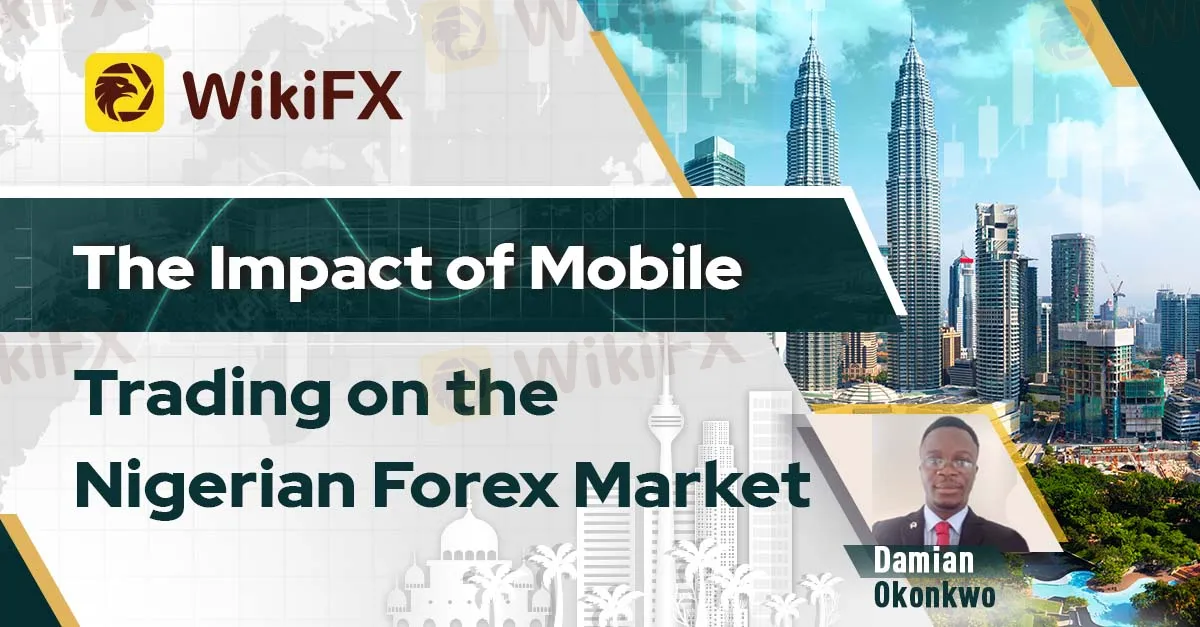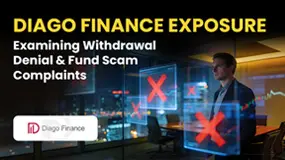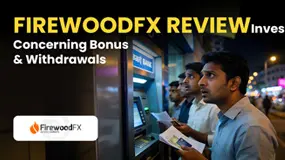Abstract:The rise of mobile trading apps has undoubtedly transformed the forex market in Nigeria. By democratising access, fostering convenience, and promoting education, they have brought a new wave of participants and injected fresh dynamism into the system.

By: Damian Okonkwo

Introduction
Across the various regions in Nigeria today; a silent revolution is taking place. Investors are now no longer confined to dimly lit trading floors or the screens of privileged few. In contrast, the world of forex trading is now accessible through a device most Nigerians hold close: their mobile phones. The rise of user-friendly mobile trading apps has democratised access to the forex market, injecting it with a surge of new participants and fundamentally altering its landscape.
Meaning of Mobile Forex Trading

Mobile forex trading refers to buying and selling currencies on the foreign exchange market through a mobile app on your smartphone or tablet. It allows you to trade currencies from anywhere in the world, as long as you have an internet connection.
Impact of Mobile Trading on the Nigerian Forex Market
1. Democratization and Inclusion: Prior to the mobile app revolution, forex trading in Nigeria was largely the domain of institutional investors and a small pool of tech-savvy individuals. Complex platforms, high minimum deposits, and limited internet access kept the doors firmly shut for the majority. Mobile apps shattered these barriers. With intuitive interfaces, low investment thresholds, and data accessibility even in remote areas, they opened the doors to a diverse range of Nigerians, including young professionals, students, and even those traditionally excluded from financial systems. This surge in participation has undoubtedly deepened the market, increasing liquidity and potentially leading to greater price discovery.
2. Convenience and Accessibility: Gone are the days of being chained to a desktop terminal. Mobile apps offer unparalleled convenience, allowing Nigerians to trade anytime, anywhere. Whether commuting, during lunch breaks, or even late at night, they can monitor market movements, analyze trends, and execute trades with just a few taps. This flexibility caters to the dynamic lifestyles of many Nigerians and empowers them to participate in the market even with limited time or resources.
3. Education and Awareness: Mobile apps often come bundled with educational resources, market news feeds, and even trading tutorials. This democratizes access to financial knowledge, fostering a culture of informed trading among new participants. Additionally, social features within some apps allow users to connect and share strategies, fostering a sense of community and collective learning. This educational aspect can help mitigate the risks associated with uninformed trading, potentially leading to a more stable and sustainable market.
Challenges and Concerns
While the impact of mobile trading has been largely positive, some challenges remain. The lack of robust regulatory frameworks for retail forex trading in Nigeria leaves many users vulnerable to fraudulent activities and unfair practices by some brokers. Additionally, the inherent volatility of the forex market, coupled with the ease of access provided by mobile apps, can lead to reckless trading behavior and significant losses for inexperienced individuals.
The Road Ahead
As mobile trading continues to evolve in Nigeria, addressing these challenges is crucial. Regulatory bodies need to implement proper frameworks to protect retail investors and ensure fair market practices. Furthermore, financial literacy initiatives and responsible trading education within mobile apps themselves can equip users with the knowledge and skills needed to navigate the market safely and effectively.
Conclusion
The rise of mobile trading apps has undoubtedly transformed the forex market in Nigeria. By democratizing access, fostering convenience, and promoting education, they have brought a new wave of participants and injected fresh dynamism into the system. However, addressing regulatory gaps and promoting responsible trading practices remain crucial to ensure the continued success and sustainability of this mobile-driven revolution. As Nigeria embraces the digital age, one thing is certain: the pocket trader is here to stay, and their impact on the forex market is only just beginning.












